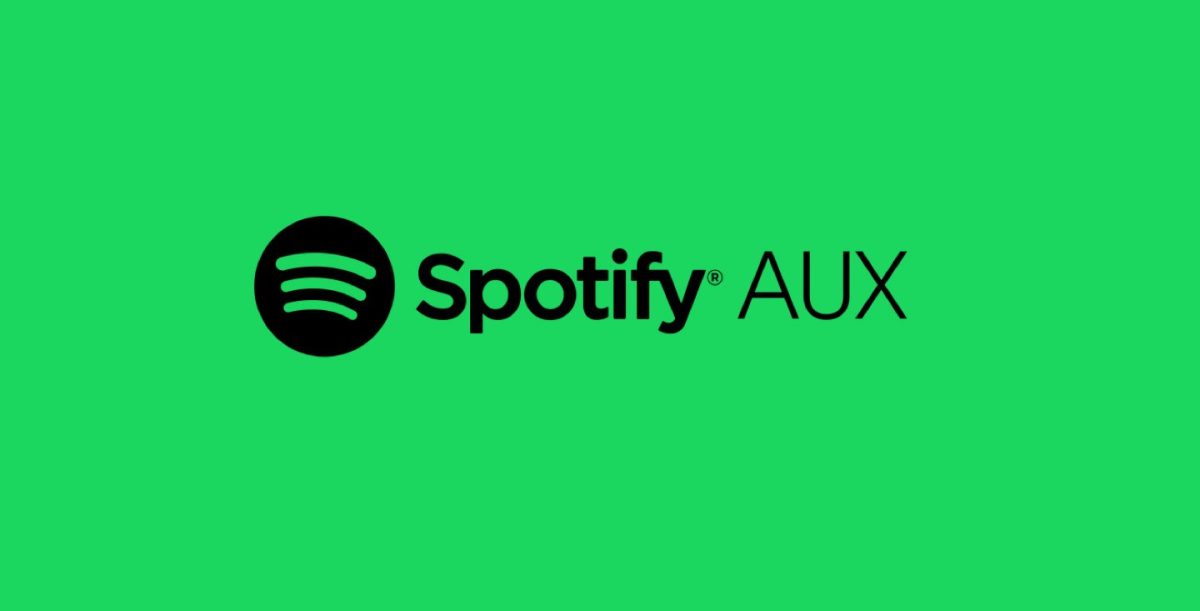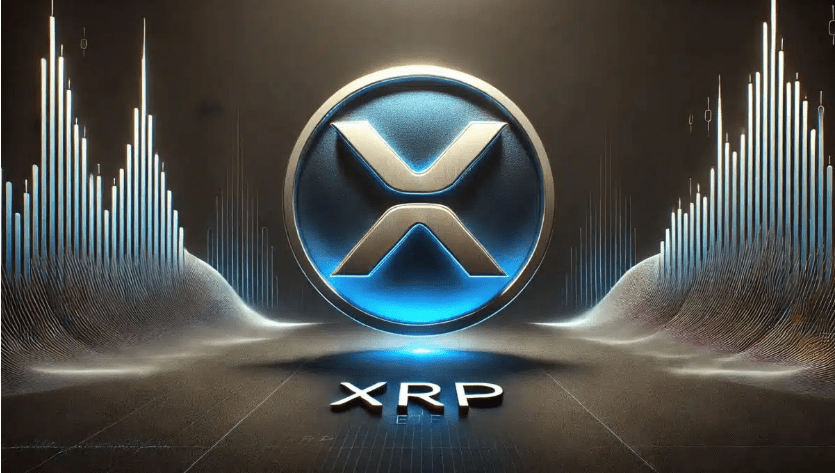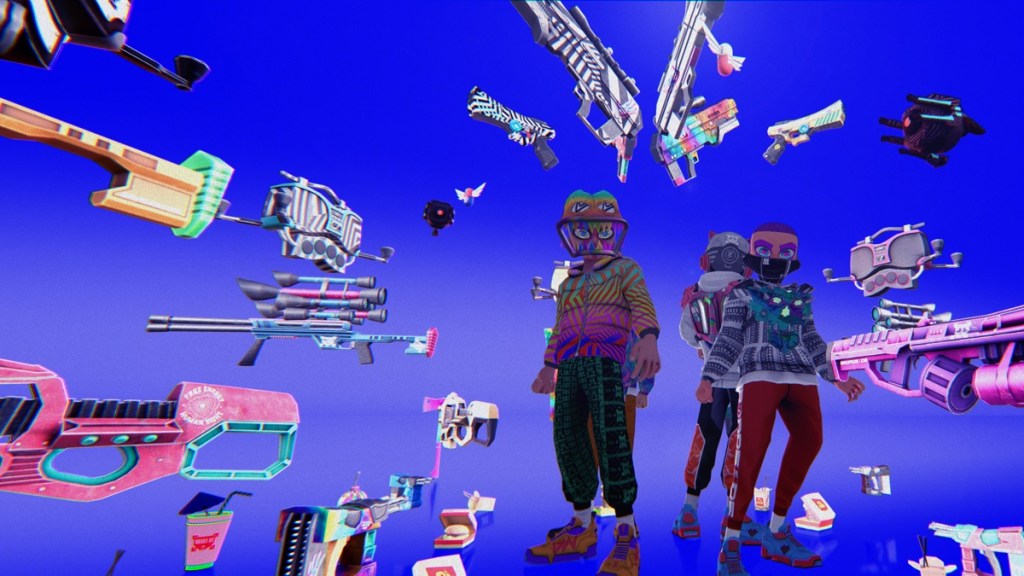Spotify follows Meta, YouTube and others by offering AUX, a service to connect brands and creators
Facebook, Instagram, Snap, YouTube, and other social networking companies offer programs to connect creators with brands, and now Spotify is doing the same. The company announced the launch of AUX, its new in-house “music advisory agency” for brands. While not necessarily a creator marketplace, the program has a similar aim — it will facilitate connections between brands and emerging artists for various campaigns benefitting both parties.
For Spotify, AUX represents another source of income, as well, as the company says brands can pay Spotify to leverage the new service.
The consultancy’s first client is Coca-Cola, which sees the beverage giant teaming up with Berlin-based DJ, producer, singer, and songwriter Peggy Gou. Together, the brand and artist have established a long-term partnership that will include live concerts, events, social media content, a branded playlist, and on-platform promotional support.
The move sees Spotify taking a more proactive stance in helping to facilitate connections and offering its music expertise to brand partners, but it also positions the platform as more akin to a social network, where creators strike brand deals to pay the bills. The launch, notably, follows that of Spotify’s updated payment model, which arrived late last year, promising to drive an additional $1 billion toward artists. But critics of the model said that it did little to support emerging artists, and in fact, would cut payments to artists who already receive less, to boost payments to those who received more.
Now, Spotify is offering those artists cut out of the benefits of the new streaming royalties model a new way to make money by partnering with brands.
“Spotify AUX will broaden the opportunities available to artists, offering them a platform for creative expression, financial support, and strategic partnerships that go beyond traditional industry avenues,” the company explained, in a blog post.
“We are proud to be an early partner to AUX, which integrates Spotify’s expertise to enable authentic connections with music fans worldwide,” said Joshua Burke, Global Head of Music & Culture Marketing at The Coca-Cola Company, in a statement shared by Spotify. “This is a natural progression of our long-standing partnership with Spotify and marks a key milestone for our commitment to artists and the music community. We are excited to launch Coke Studio at Spotify LA, which will provide recording support for emerging artists and a platform to promote their music.”
Though Spotify touts AUX as giving artists another opportunity to “live off their art,” artists and musicians would likely rather get paid better for their streams, rather than having to forge brand deals like social media creators and influencers do.
However, the overabundance of music offered by today’s streaming services — where 120,000+ tracks are uploaded to services daily — means it’s harder for new and emerging artists to be discovered, build an audience, and get paid. And while Spotify today offers over 100 million tracks, AI tools could lead to a flood of AI-generated music over time, making things. worse. Spotify’s new royalties model with its minimum threshold for streams of songs, further complicates an already tough situation, necessitating artists to consider brand deals as a means of growing their income.
“Spotify is always looking for ways to leverage our music ecosystem to deepen the connections between artists, brands, and fans,” said Jeremy Erlich, VP, Head of Music Content at Spotify, in a statement. “AUX is a natural step for us to help brands strengthen their music strategy and better connect with new audiences through our expert insights and observations from our music team, tailored to meet brands’ needs,” he added.



